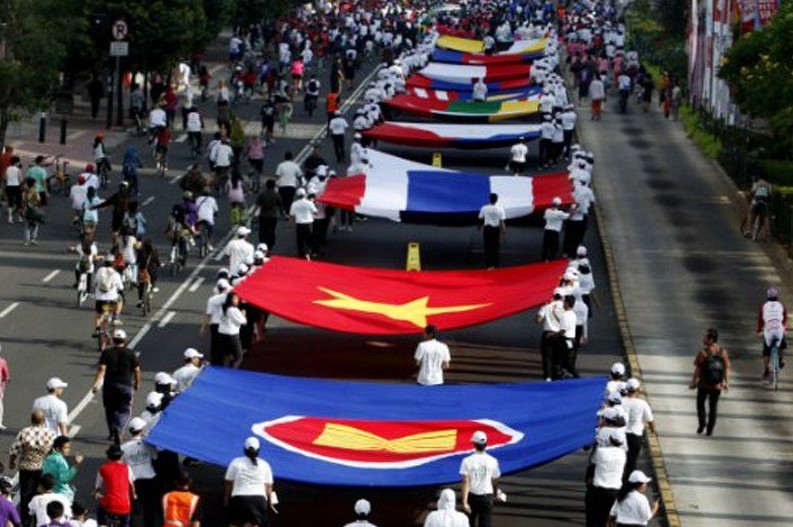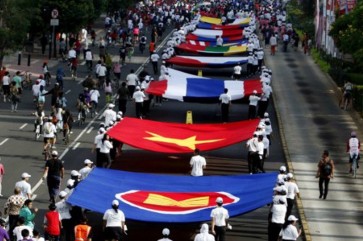Popular Reads
Top Results
Can't find what you're looking for?
View all search resultsPopular Reads
Top Results
Can't find what you're looking for?
View all search resultsASEAN at 50: The way forward
ASEAN leaders should seek out and pursue opportunities to act in concert.
Change text size
Gift Premium Articles
to Anyone
I
n 50 years, members of ASEAN have emerged from their colonial past to collectively assume control of their own destiny and play a central role in setting the security and economic agenda for Southeast Asia.
Today, ASEAN faces new challenges in a world that may be at its most uncertain in the last 25 years. These challenges include geopolitical tensions among external powers, a more difficult economic environment, fracturing social cohesion in the face of globalization, the transnational consequences of climate change and the disruptive impact of technology.
The region must rise to its collective challenges.
ASEAN must lead in its corner of the world and provide an example for the rest of Asia. To do so, ASEAN leaders should seek out and pursue opportunities to act in concert.
The ASEAN-led regional system of dialogue and consultations on security must be strengthened and employed to reduce tensions and avoid conflict in the region including in the Korean Peninsula.
ASEAN should prepare for further cross-border challenges, spanning the Mekong River to the South China Sea. Moreover, there is now an unprecedented risk of tensions between the major powers, which could test ASEAN’s centrality and create pressures within ASEAN-led mechanisms.
The maritime space that connects our countries and delivers our trade must be cherished and actively protected.

















